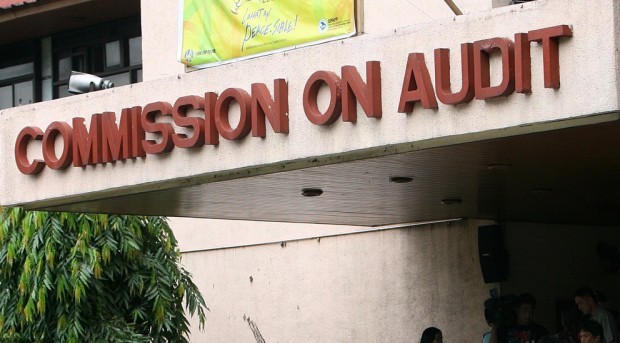COA flags youth body for excessive expenses
Excessive expenses on training summits and domestic travel by the National Youth Commission (NYC) have been questioned by state auditors, which noted a massive jump in these expenditures from 2021 to 2022.

In its annual audit report on the NYC for 2022, the Commission on Audit (COA) flagged the agency’s “excessive payment of hotel room reservations,” as well as the incomplete documents of disbursements.
According to the COA, the local accounts of NYC showed that its training expenses amounted to P31.4 million, while travel expenses reached P5.43 million. These “could not be ascertained,” the COA said.
The COA said that NYC’s local travel expenses jumped by 321 percent from P1.29 million in 2021 to P5.43 million in 2022. Training expenses, on the other hand, surged by 575 percent from P4.65 million to P31.4 million during the same period.
Article continues after this advertisementAuditors also said there was a “lack of proper planning” in NYC’s various activities resulting in the “excessive payments” for hotel reservations amounting to P1.28 million. There were also disbursements worth P675,842.20, which were processed and paid without complete documentation.
Article continues after this advertisementNo-show
For the hotel reservations, state auditors said most of these occurred during the NYC’s hosting of Sangguniang Kabataan summits and trainings, particularly in Baguio City, Boracay, Bohol, Ilocos Norte and Zambales.
The venues listed include Newtown Plaza Hotel in Baguio City; the La Carmela de Boracay Hotel and Convention in Boracay; Whiterock Beach Hotel & Waterpark in Subic, Zambales; Bohol Tropics Resort in Tagbilaran City, Bohol; and Fort Ilocandia Land Development Co. Ltd. in Laoag, Ilocos Norte.
From the COA’s observations, the activities had meals, room and venue reservations more than the actual participants, hence the excess of “reasonable limits.”
But the NYC justified the hotel room reservations, saying, among others, that some summit participants were assigned rooms but did not show up; some confirmed their attendance but did not push through for personal reasons; some tested positive for COVID-19; and some booked other hotel accommodations because they had companions.
“Although plausible, the above-mentioned justifications could not be validated and accounted for since these were unsubstantiated for lack of proof such as medical records and letters from the participants,” the COA said.
It also pointed out that the NYC could have avoided these “excessive and unnecessary costs” of unutilized accommodations had they “adequately planned its activities” and required the participants to pay for the unutilized reserved rooms.
COA also observed the “improper processing” of travel expenses amounting to P72,272 as the disbursement vouchers did not bear the approval of the proper officials.
Audit of these vouchers also showed that the payee was also the person who certified the disbursement.
Controls bypassed
The COA said these transactions bypassed the appropriate disbursement controls, “which may result in abuse of power and pecuniary loss for the government.”
State auditors recommended to the NYC to ensure proper planning and compliance with the guidelines on the procurement of venues and accommodation for programs, projects and activities “so that only those participants who confirmed their attendance will be booked,” referring to the hotel payments.
The COA also told the agency to make sure that the disbursement of government funds would undergo the proper channels for review and approval and also to instruct its concerned employees to submit the lacking documents to establish the validity of the claims.
The NYC was also told to refund the excess claims received by its employees. INQ
READ:
